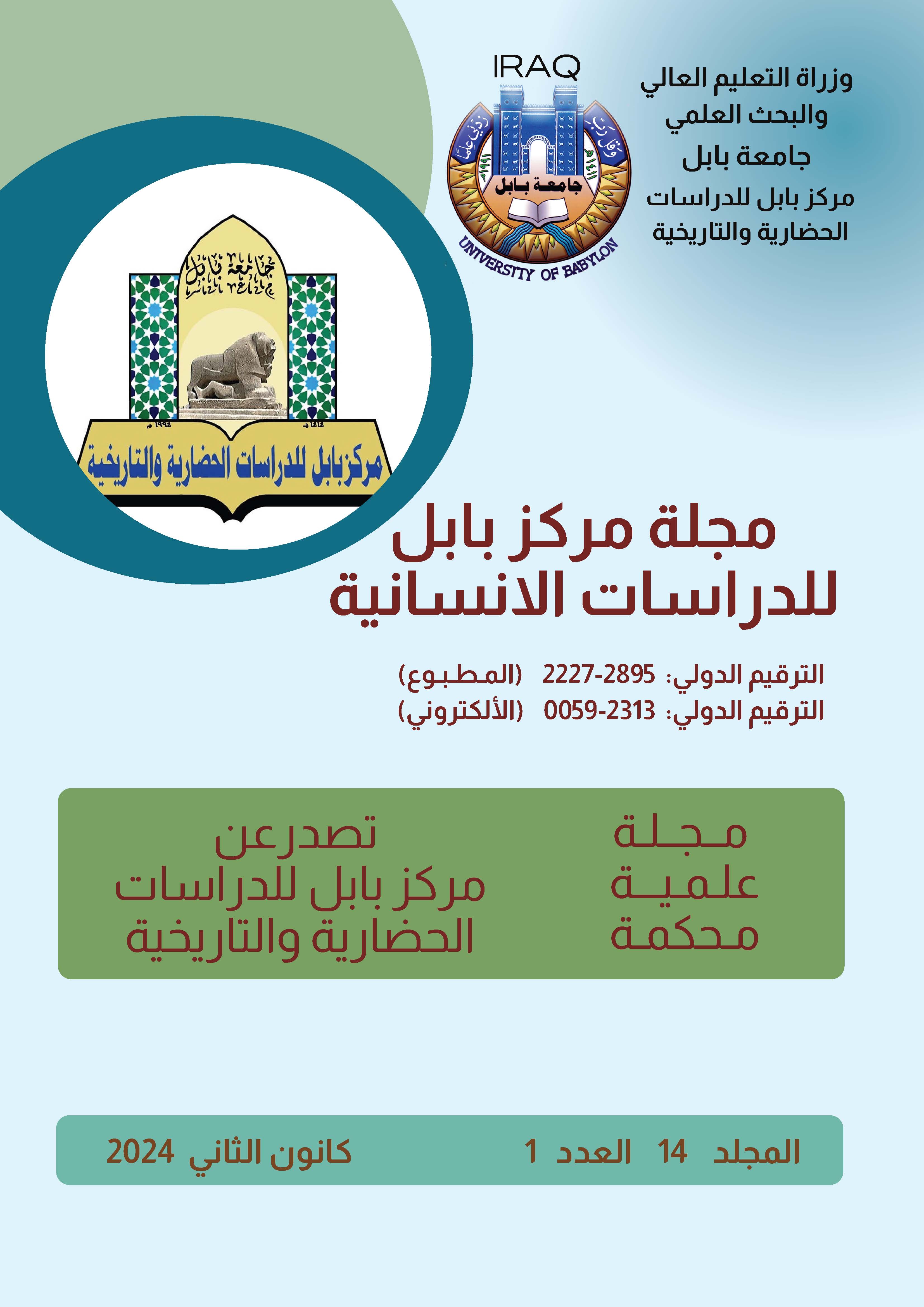The international position on the popular uprising in Iraq in March 1991
Keywords:
lnternational Position – The Shaabani Uprising – United States of America – Britain – FranceAbstract
In the second half of the last century, the United States of America realized that it had become qualified to play a greater role in the international arena, based on its internal structure that was stable and developed politically, economically and militarily. The Middle East region was one of the strategic and important areas in its foreign policy directions to have a greater role in He drew the events of that region, and this appeared clearly in the Iraqi-Iranian war, which lasted for eight years, and after the entry of the Iraqi army into the State of Kuwait on the second of August 1990, the United States of America, with its strength, became the leading and leading role in removing those forces from the lands The Kuwaiti government was called at the time the Second Gulf War or according to the American names (Desert Storm), which was a direct cause of the outbreak of the Sha’bani uprising in March 1991. As it encouraged it at the beginning, but it changed its position, and gave the green light to Saddam Hussein to eliminate the uprising, as it allowed helicopters to bomb the areas, as for the position of the British government on the popular uprising, it was neutral, after it announced non-interference in Iraqi internal affairs And support for any of the parties to the conflict inside Iraq. As for the position of the French government on the popular uprising, the French constitution refused to involve the French army in the events taking place in Iraq.







